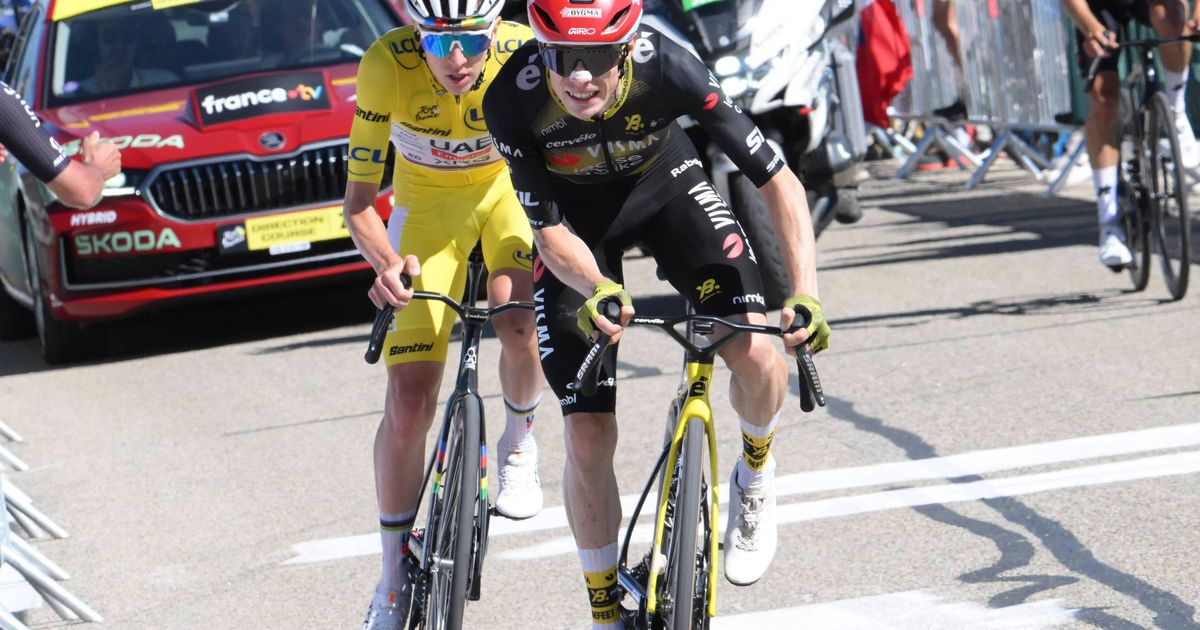Worre added that while Vingegaard has the physical ability to succeed, it’s a question of mindset as much as talent. “He can certainly do it, but only if he truly wants it. If he’s divided inside and not fully committed, then it’s better he stays focused on stage races.”
“You can’t do everything”
Fellow Eurosport commentator Bastian Emil Goldschmidt echoed those concerns, reminding fans that Vingegaard already gives more than enough through his stage-racing exploits. “I think we already get so much from Vingegaard,” Goldschmidt said. “He’s the only one who’s beaten Pogacar in the biggest stage races. For him now to also take on Pogacar in one-day races — where Pogacar is arguably the rider of the decade — that’s a lot to ask.”
Worre agreed, stressing that even cycling’s greatest champions must refine, not reinvent. “To perform at world level, you have to keep improving what you’re already good at,” he said. “Jonas should strengthen his stage-racing ability, which suits his engine perfectly. He’s at his best in that domain.”
The Pogacar benchmark, and why the pivot is costly
The analysts’ hesitation isn’t about limiting ambition; it’s about opportunity cost. Pogacar’s 2025 reset the bar yet again: a fourth Tour de France title, dominance through the spring, and the World Championships road race victory in Kigali, plus bronze in the time trial. To meet that standard across both stage races and one-day monuments would require Vingegaard to retool training blocks, peaking strategy and race rhythm — and risk blunting the very edge that wins him Grand Tours.
Tactically, the gap between their profiles is stark. Pogacar’s repertoire in one-day racing leans on repeatability in high-torque accelerations, the ability to open and close gaps on sub-optimal gradients, and relentless initiative. Vingegaard’s superiority resides in long, oxygen-thin efforts, metronomic pacing and altitude-hardened control — assets that scale best over three weeks.
Could Vingegaard contend at Il Lombardia or Liege-Bastogne-Liege? On terrain, yes: selective climbing, limited flat, reduced sprints — these are the Classics most sympathetic to a GC engine. But the marginal gains that keep him unbeatable across mountain blocks and third-week TTs are the same marginal gains he’d need to sacrifice to build the punch, positioning and race-hardness that one-day warfare demands.

